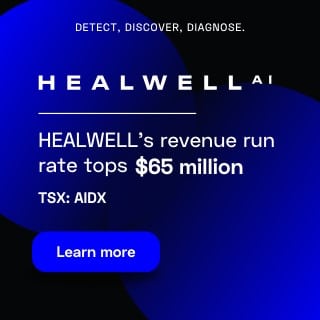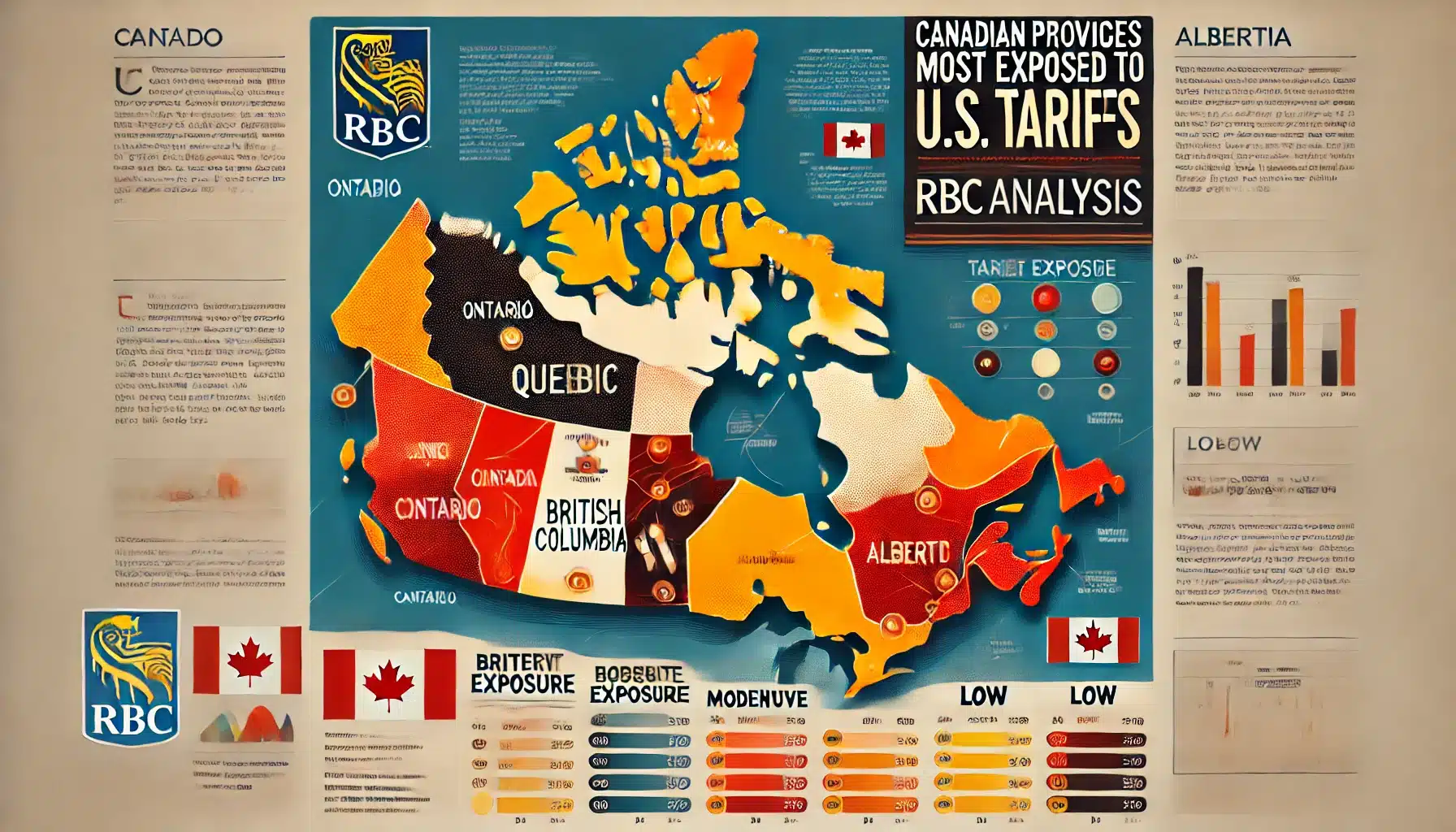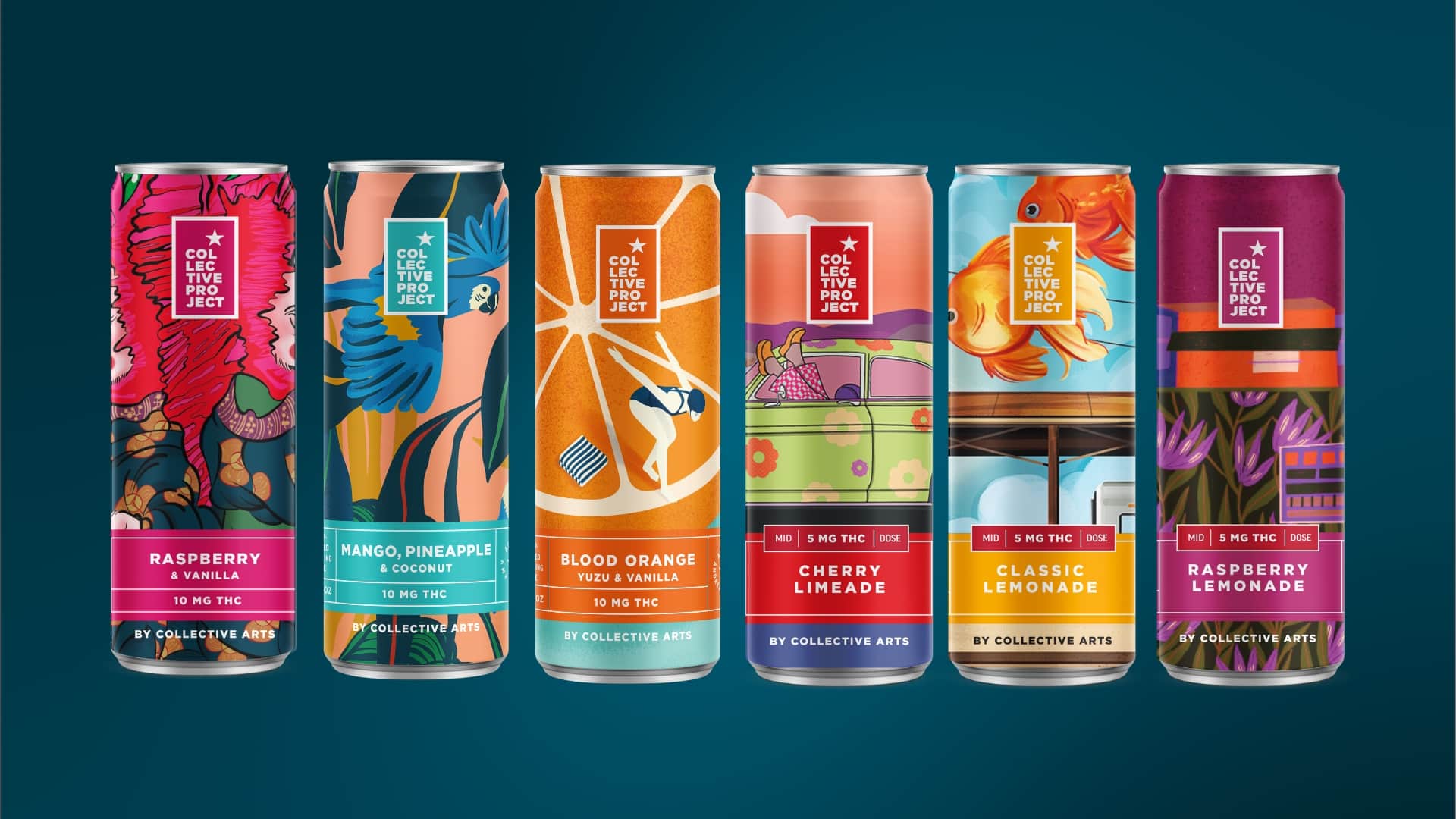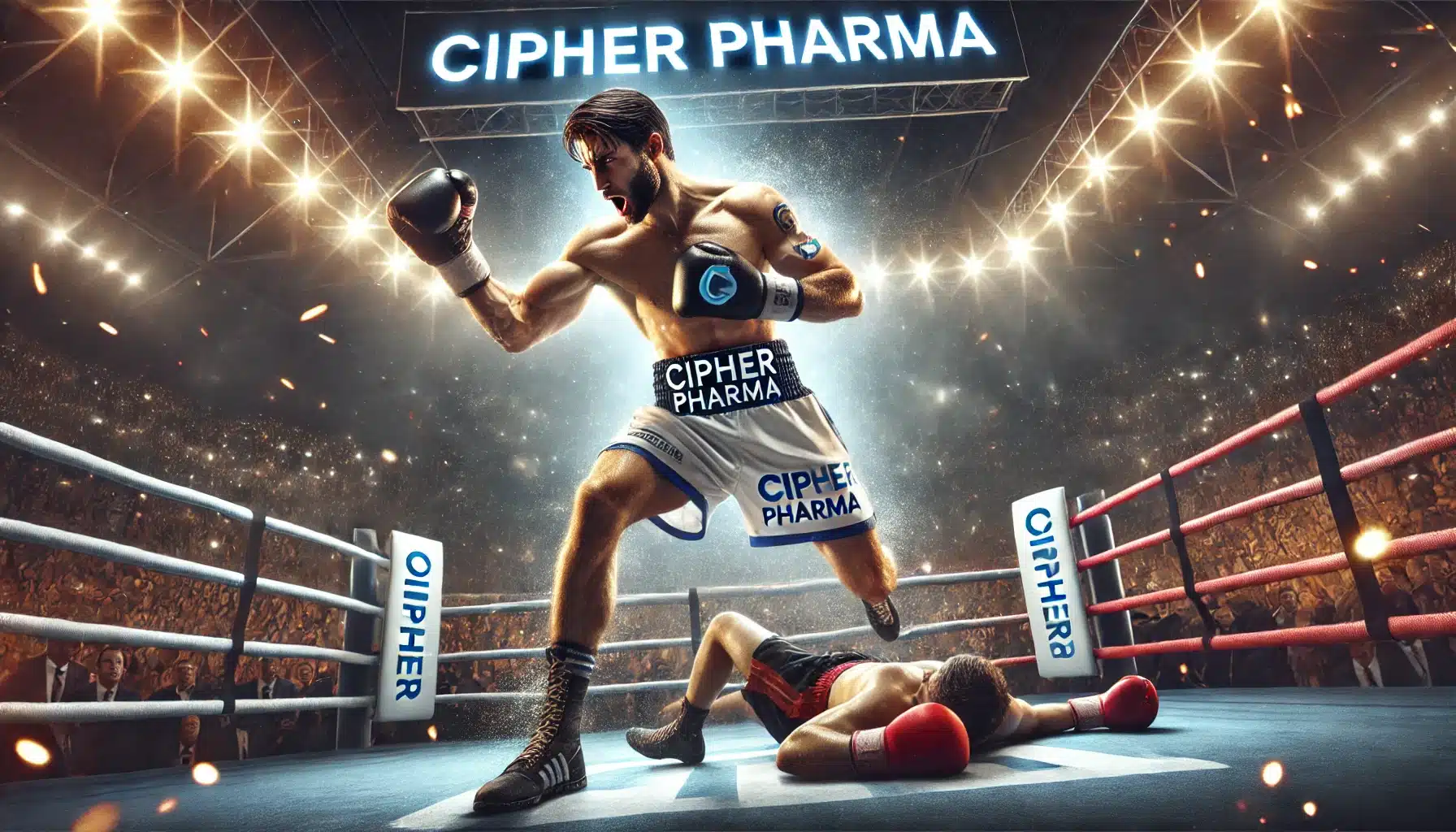

The narrative that online book sellers have completely destroyed the market for bricks and mortar offerings is a powerful one, but it simply does not apply to the current business of Indigo Books and Music Inc.(Indigo Books and Music Inc. Stock Quote, Chart, News: TSX:IDG) says PI analyst Bob Gibson.
In a research report to clients today, Gibson initiated coverage of Indigo Books with a “Buy” rating and a one-year price target of $22.00.
Gibson notes that Indigo, which operates 89 “superstores” and 123 small format stores in Canada, has unsurprisingly seen a decline in book sales. But filling the void, he notes, has been an increase in general merchandise sales, a trend that will actually see the latter reach 50 per cent this year. Indigo, he points, out has facilitated this trend with new store formats and products. A shopper at an Indigo these days just as likely to purchase a product from the retailer’s “American Girl” boutique, a clock, a baby monitor, or an iPad. Indigo, says the analyst, has become a “cultural department store”, pointing to the company’s tony Sherway Gardens location.
But the investment community, says Gibson, can’t seem to get away from that four-letter “b” word in the company’s name.
Indigo is trading at a 3.3x multiple on its FY2017 EBITDA. Barnes & Noble (BKS) is trading at 4.5x. The rest of Indigo’s peer group is trading at an average EV/EBITDA multiple of 8.8x.
“Investors don’t like book stores,” says the analyst plainly. “Indigo is trading at a 3.3x multiple on its FY2017 EBITDA. Barnes & Noble (BKS) is trading at 4.5x. The rest of Indigo’s peer group is trading at an average EV/EBITDA multiple of 8.8x. Once Indigo’s general merchandise sales reach 50.0% of total sales, it can’t be viewed as a book store any longer and should be accorded a higher multiple. Investors also don’t seem to like unleveraged companies (or ones that have no debt at all as is the case with Indigo) that effectively manage their taxes. With net interest income and a low tax rate, a larger percentage of Indigo’s EBITDA flows to the net income line. As a result, IDG’s P/E of 20.0x is above its peer group average of 17.9x. For that reason, we add back the cash to our valuation.”
Below: Heather Reisman, CEO of Indigo Books and Music talks to CBC…
Gibson thinks Indigo will generate Adjusted EBITDA of $47.4-million on revenue of $1.015-billion in fiscal 2017, numbers he expects will rise to EBITDA of $52.6-million on revenue of $1.078-billion the following year.
Gibson notes that Indigo is currently sitting on $8.47 worth of cash, which due to the fact that it is generating a lot more, it doesn’t need to finance the rollout of more superstores.
Gibson notes that Indigo is currently sitting on $8.47 worth of cash, which due to the fact that it is generating a lot more, it doesn’t need to finance the rollout of more superstores. Since the company has already said it wouldn’t pay a dividend and the stock is likely too illiquid for a buy back program, the analyst says the possibility of a U.S. acquisition exists.
Leave a Reply
You must be logged in to post a comment.



 Share
Share Tweet
Tweet Share
Share



Comment